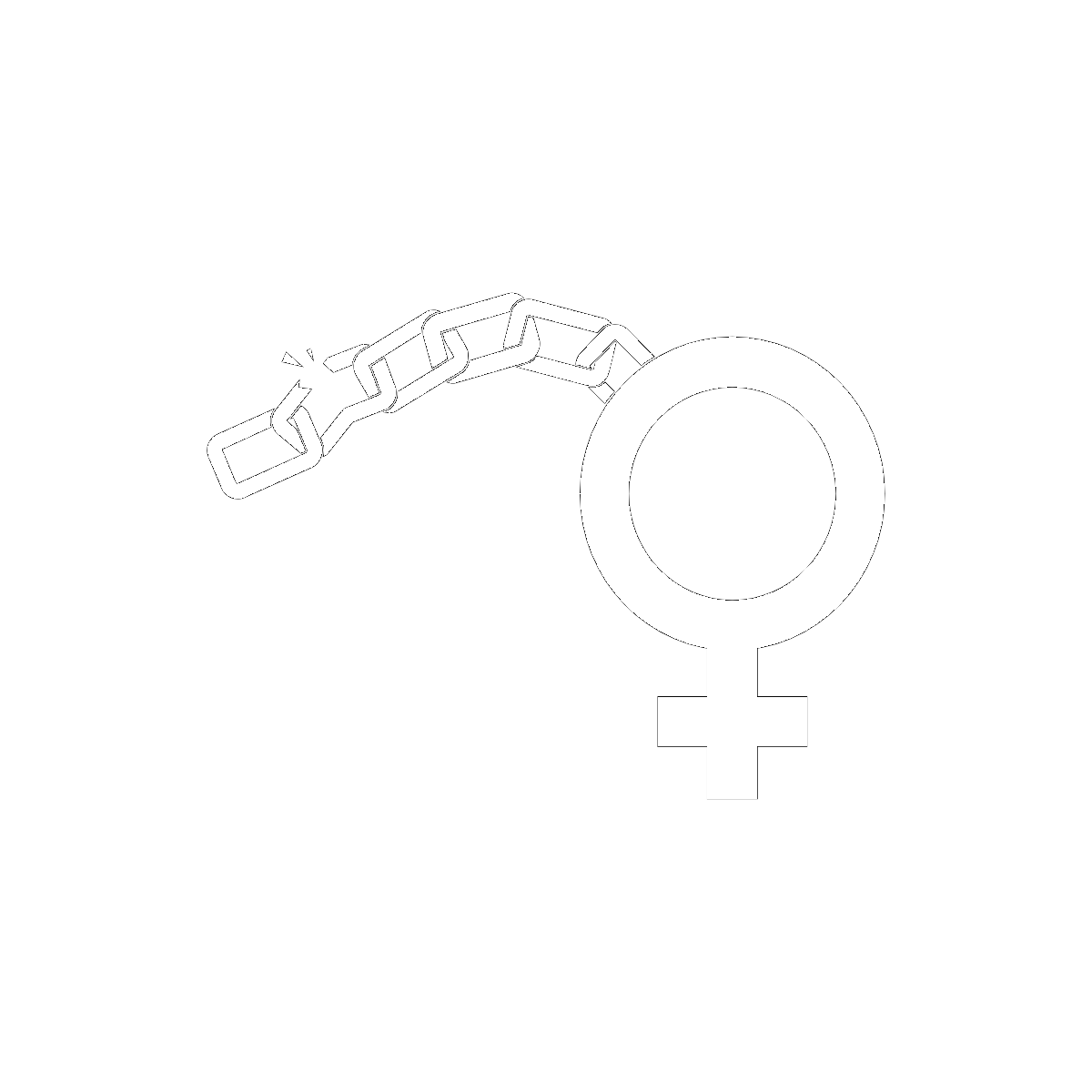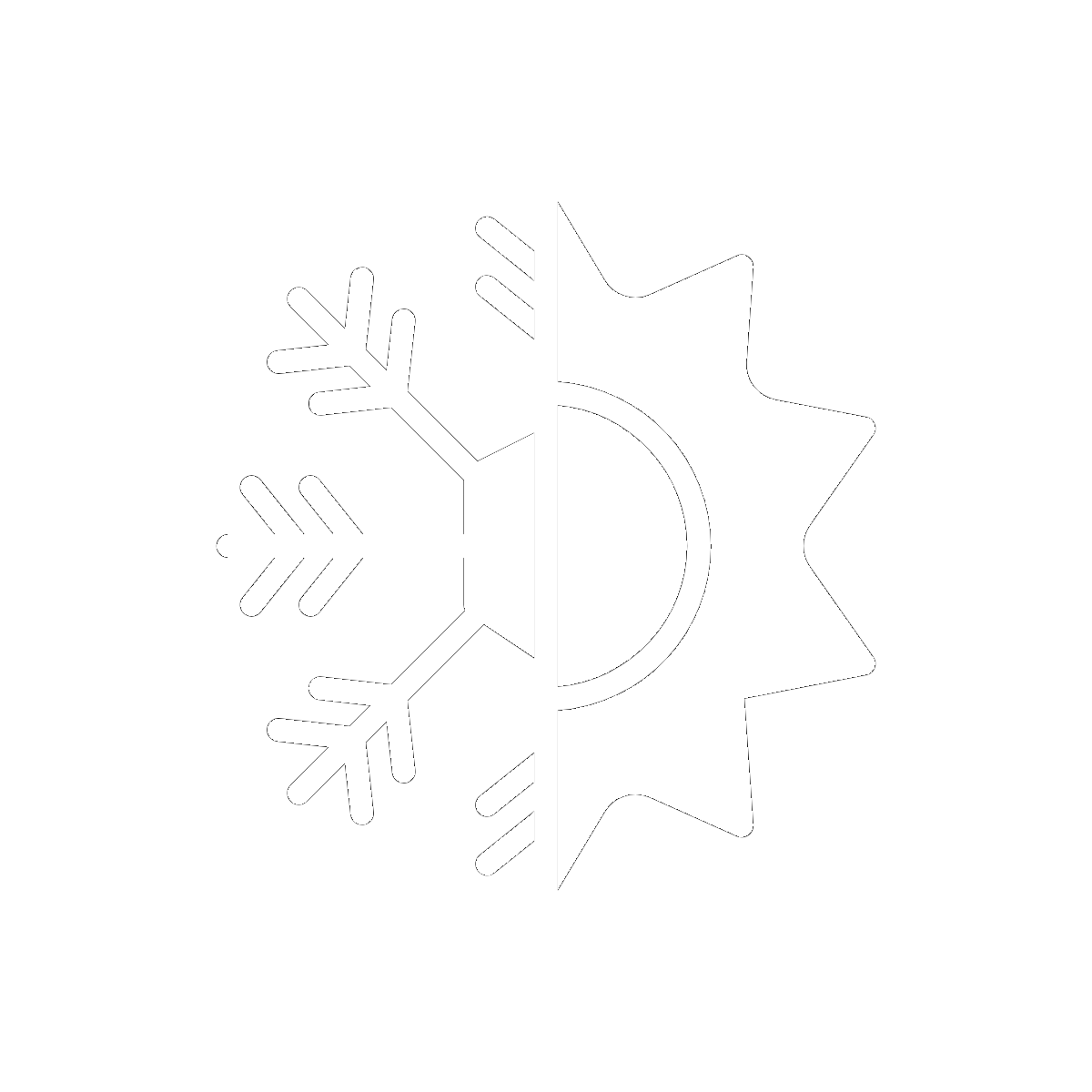The Full Text of “The Farmer's Bride”
1 Three summers since I chose a maid,
2 Too young maybe—but more’s to do
3 At harvest-time than bide and woo.
4 When us was wed she turned afraid
5 Of love and me and all things human;
6 Like the shut of a winter’s day
7 Her smile went out, and ’twadn’t a woman—
8 More like a little frightened fay.
9 One night, in the Fall, she runned away.
10 “Out ’mong the sheep, her be,” they said,
11 ’Should properly have been abed;
12 But sure enough she wadn’t there
13 Lying awake with her wide brown stare.
14So over seven-acre field and up-along across the down
15 We chased her, flying like a hare
16 Before out lanterns. To Church-Town
17 All in a shiver and a scare
18 We caught her, fetched her home at last
19 And turned the key upon her, fast.
20 She does the work about the house
21 As well as most, but like a mouse:
22 Happy enough to chat and play
23 With birds and rabbits and such as they,
24 So long as men-folk keep away.
25 “Not near, not near!” her eyes beseech
26 When one of us comes within reach.
27 The women say that beasts in stall
28 Look round like children at her call.
29 I’ve hardly heard her speak at all.
30 Shy as a leveret, swift as he,
31 Straight and slight as a young larch tree,
32 Sweet as the first wild violets, she,
33 To her wild self. But what to me?
34 The short days shorten and the oaks are brown,
35 The blue smoke rises to the low grey sky,
36 One leaf in the still air falls slowly down,
37 A magpie’s spotted feathers lie
38 On the black earth spread white with rime,
39 The berries redden up to Christmas-time.
40 What’s Christmas-time without there be
41 Some other in the house than we!
42 She sleeps up in the attic there
43 Alone, poor maid. ’Tis but a stair
44 Betwixt us. Oh! my God! the down,
45 The soft young down of her, the brown,
46The brown of her—her eyes, her hair, her hair!
The Full Text of “The Farmer's Bride”
1 Three summers since I chose a maid,
2 Too young maybe—but more’s to do
3 At harvest-time than bide and woo.
4 When us was wed she turned afraid
5 Of love and me and all things human;
6 Like the shut of a winter’s day
7 Her smile went out, and ’twadn’t a woman—
8 More like a little frightened fay.
9 One night, in the Fall, she runned away.
10 “Out ’mong the sheep, her be,” they said,
11 ’Should properly have been abed;
12 But sure enough she wadn’t there
13 Lying awake with her wide brown stare.
14So over seven-acre field and up-along across the down
15 We chased her, flying like a hare
16 Before out lanterns. To Church-Town
17 All in a shiver and a scare
18 We caught her, fetched her home at last
19 And turned the key upon her, fast.
20 She does the work about the house
21 As well as most, but like a mouse:
22 Happy enough to chat and play
23 With birds and rabbits and such as they,
24 So long as men-folk keep away.
25 “Not near, not near!” her eyes beseech
26 When one of us comes within reach.
27 The women say that beasts in stall
28 Look round like children at her call.
29 I’ve hardly heard her speak at all.
30 Shy as a leveret, swift as he,
31 Straight and slight as a young larch tree,
32 Sweet as the first wild violets, she,
33 To her wild self. But what to me?
34 The short days shorten and the oaks are brown,
35 The blue smoke rises to the low grey sky,
36 One leaf in the still air falls slowly down,
37 A magpie’s spotted feathers lie
38 On the black earth spread white with rime,
39 The berries redden up to Christmas-time.
40 What’s Christmas-time without there be
41 Some other in the house than we!
42 She sleeps up in the attic there
43 Alone, poor maid. ’Tis but a stair
44 Betwixt us. Oh! my God! the down,
45 The soft young down of her, the brown,
46The brown of her—her eyes, her hair, her hair!
-
“The Farmer's Bride” Introduction
-
-
“The Farmer's Bride” Summary
-
-
“The Farmer's Bride” Themes
-

Gender, Misogyny, and Power
- See where this theme is active in the poem.
-
-
Line-by-Line Explanation & Analysis of “The Farmer's Bride”
-
Lines 1-3
Three summers since I chose a maid,
Too young maybe—but more’s to do
At harvest-time than bide and woo. -
Lines 4-9
When us was wed she turned afraid
Of love and me and all things human;
Like the shut of a winter’s day
Her smile went out, and ’twadn’t a woman—
More like a little frightened fay.
One night, in the Fall, she runned away. -
Lines 10-13
“Out ’mong the sheep, her be,” they said,
’Should properly have been abed;
But sure enough she wadn’t there
Lying awake with her wide brown stare. -
Lines 14-19
So over seven-acre field and up-along across the down
We chased her, flying like a hare
Before out lanterns. To Church-Town
All in a shiver and a scare
We caught her, fetched her home at last
And turned the key upon her, fast. -
Lines 20-24
She does the work about the house
As well as most, but like a mouse:
Happy enough to chat and play
With birds and rabbits and such as they,
So long as men-folk keep away. -
Lines 25-29
“Not near, not near!” her eyes beseech
When one of us comes within reach.
The women say that beasts in stall
Look round like children at her call.
I’ve hardly heard her speak at all. -
Lines 30-33
Shy as a leveret, swift as he,
Straight and slight as a young larch tree,
Sweet as the first wild violets, she,
To her wild self. But what to me? -
Lines 34-41
The short days shorten and the oaks are brown,
The blue smoke rises to the low grey sky,
One leaf in the still air falls slowly down,
A magpie’s spotted feathers lie
On the black earth spread white with rime,
The berries redden up to Christmas-time.
What’s Christmas-time without there be
Some other in the house than we! -
Lines 42-46
She sleeps up in the attic there
Alone, poor maid. ’Tis but a stair
Betwixt us. Oh! my God! the down,
The soft young down of her, the brown,
The brown of her—her eyes, her hair, her hair!
-
-
“The Farmer's Bride” Symbols
-

The Seasons
- See where this symbol appears in the poem.
-
-
“The Farmer's Bride” Poetic Devices & Figurative Language
-
Alliteration
- See where this poetic device appears in the poem.
-
Assonance
- See where this poetic device appears in the poem.
-
Asyndeton
- See where this poetic device appears in the poem.
-
Consonance
- See where this poetic device appears in the poem.
-
Enjambment
- See where this poetic device appears in the poem.
-
Imagery
- See where this poetic device appears in the poem.
-
Parallelism
- See where this poetic device appears in the poem.
-
Repetition
- See where this poetic device appears in the poem.
-
Rhetorical Question
- See where this poetic device appears in the poem.
-
Simile
- See where this poetic device appears in the poem.
-
-
“The Farmer's Bride” Vocabulary
Select any word below to get its definition in the context of the poem. The words are listed in the order in which they appear in the poem.
- Maid
- Bide
- Woo
- 'Twadn't
- Fay
- Abed
- Down
- Beseech
- Leveret
- Slight
- Larch
- Magpie
- Rime
-
- See where this vocabulary word appears in the poem.
-
Form, Meter, & Rhyme Scheme of “The Farmer's Bride”
-
Form
-
Meter
-
Rhyme Scheme
-
-
“The Farmer's Bride” Speaker
-
-
“The Farmer's Bride” Setting
-
-
Literary and Historical Context of “The Farmer's Bride”
-
-
More “The Farmer's Bride” Resources
-
External Resources
-
A Short Biography — Learn more about Mew’s life and literary career from the Poetry Foundation.
-
The Poem Aloud — Listen to a reading of "The Farmer's Bride.”
-
The Poem's History — Learn more about this poem's powerful style and long influence.
-
Mew's Legacy — Learn more about a recent biography of Mew, whose work (long overlooked) is starting to come back into style.
-
-
LitCharts on Other Poems by Charlotte Mew
-









